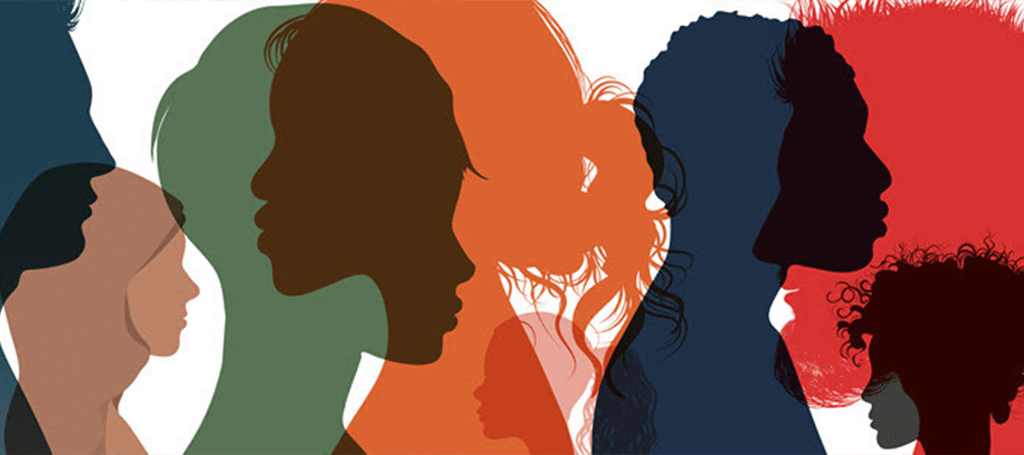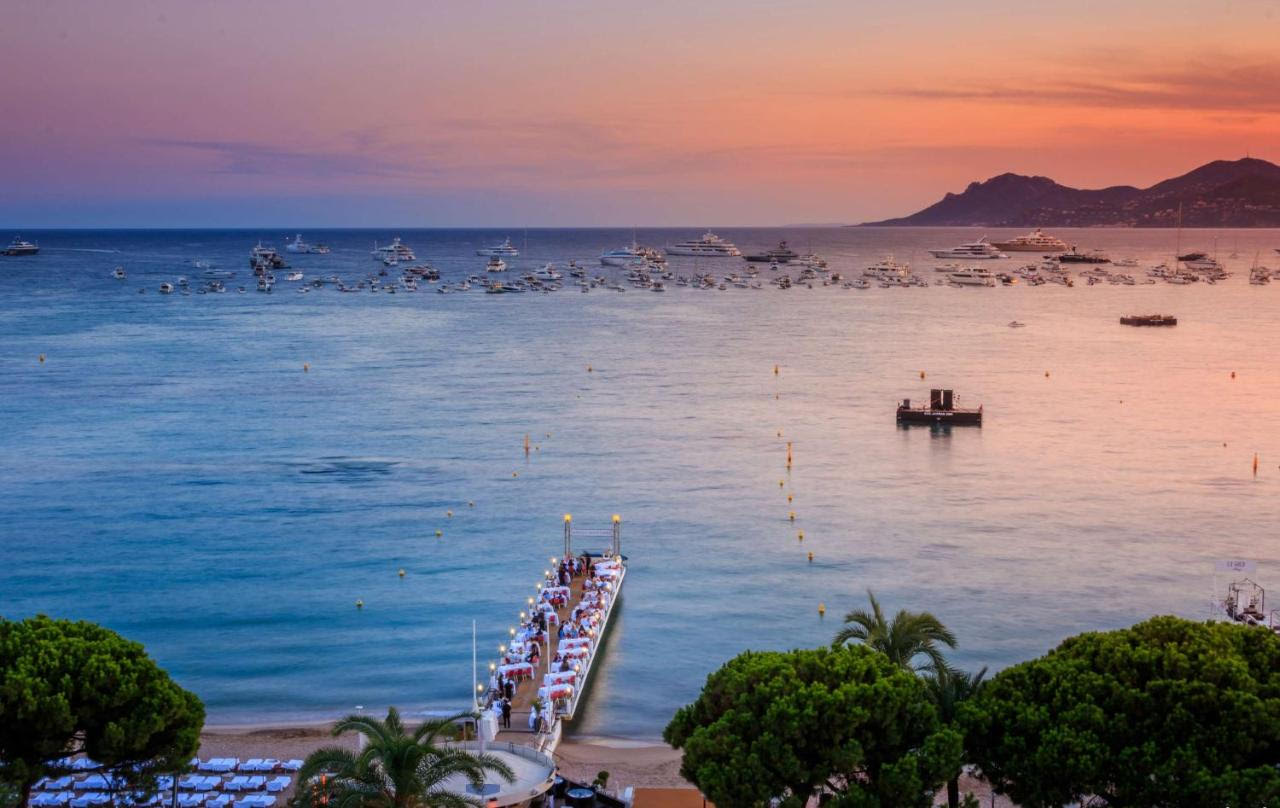DIVERSITY AT TWENTYFOUR SEVEN

If you’ve read up on the Twentyfour Seven ethos, you know that our work is guided by the principles of inclusion, openness, tolerance, equality, and diversity — we cultivate an environment of respect and responsibility for our clients, collaborators, and staff. Production Compliance Officer Mónica Fors and Managing Partner Gordon Mackinnon share their thoughts on what diversity means to our company and why our commitment to these principles is a core part of everything we do.
What does diversity mean to you?
Mónica: Diversity in our company is like a day with a rainbow: it’s always better than a day without it. In an ideal world, inclusion and diversity shouldn't even be an issue — we should forget that there are differences between us. To us here at Twentyfour Seven, differences in identity are not a barrier to inclusion. I was born in Cuba, but at work, I am not from any country — I’m just from Twentyfour Seven. I bring my roots and experience to the job, and my colleagues bring theirs as well.
Gordon: As an international production company, we have strong independent offices in multiple territories. We consider the core of what we do to be inclusivity and diversity, and we strive to create a team which represents that mission. As our company grows, we make a concerted effort to build a bigger, better, and more diverse family structure in terms of race, gender, sexual orientation, age, and background.
Why is diversity important to Twentyfour Seven's mission and work?
Mónica: Our mission as a company is to hire, attract and develop the industry's most passionate and talented people. Our main philosophy is passion and talent first, and we like to meet and work with people who are excited to contribute and grow together, as a team and as a company. Any kind of discriminatory behavior is not okay in our world — the only differences we see are in those who do not share our passion for what we do.
How does Twentyfour Seven promote diversity in your offices?
Mónica: We work every day to maintain a diverse and inclusive team. One way we do this is by providing internship opportunities for students. We also try to create opportunities to meet and work with people from minority groups in our society.
Gordon: Those who make up the cross section of our offices from around the world are the result of our commitment to creating a diverse, international team. We have made it part of our mission to ingrain into our company culture that no matter your background, you will always be considered a family member if you put the work in and strive for excellence. We really feel that we are seeing the fruits of that in the last few years, but as we grow we continue to encourage our MDs and EPs to push further.
How does Twentyfour Seven promote diversity on your sets and in your casting?
Mónica: We have found that it can be difficult to achieve true diversity during casting as well as on set — it’s something you have to actively work towards. Through our experience, we have realized that the problem stems from further back than it seems; all the way back to the training or promoting processes for these kinds of jobs. Many people don't have access to our sector to even be considered for casting or for production roles. That’s why it's important that we try to give opportunities for internships or other early-stage positions, to solve that problem early. In the future we dream of having an academy where we can train people in a more inclusive way and promote equity and diversity through that.
Gordon: We deal with different challenges when casting in all our offices due to the demographic of each individual country. The level of diversity from country to country changes considerably, but at the end of the day we are committed to presenting an international, diverse casting which represents all walks of life, backgrounds, and lifestyles. That said, we have always focused on working in territories which can offer a diverse talent pool. Spain and Portugal combined have one of the strongest and most diverse pools of talent in Europe, if not the world. Within Eastern Europe, Poland also has a surprisingly diverse talent pool. We are aware that for international advertisers this is a key element in their decisions on where to send jobs.
In some of our territories we have actually helped to create casting agencies focused on improving the level of local diversity. We established our own casting agency in Chile in order to tap into the diversity which the last generation of immigration had created and reflect this in our casting sessions. We also helped our Spanish casting team to set up in Lisbon, as we saw that the diversity of the local population was not being reflected in casting.
On set, we encourage our key crew to recruit people from diverse backgrounds or to consider apprenticeships. Our compliance department pushes our teams to investigate ways to increase diversity on set. It’s not always an easy task, but we are committed to improving.
How do you hope to see the production industry improve when it comes to diversity?
Mónica: We believe that this sector needs new ideas, initiatives, ways of thinking, and ways of producing to grow and evolve. We know that diverse teams made up of people who have grown up in different environments and with different ways of working can help push the industry as a whole towards that growth. That is why Twentyfour Seven has always been at the forefront: we never stop learning and absorbing what each person who joins our family can teach us.

